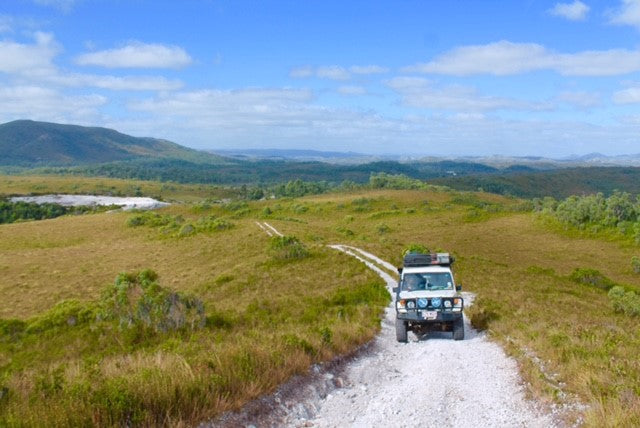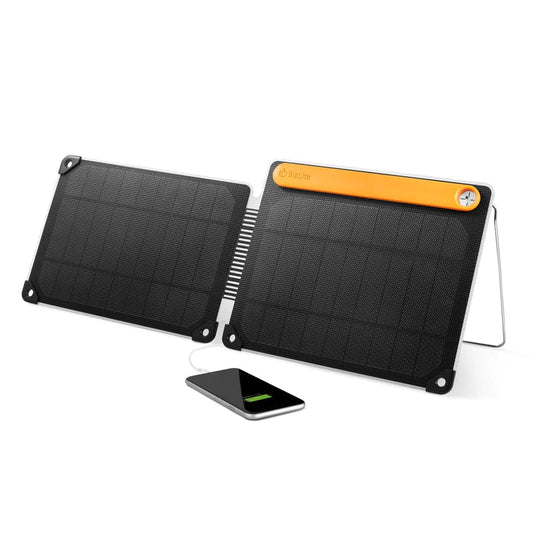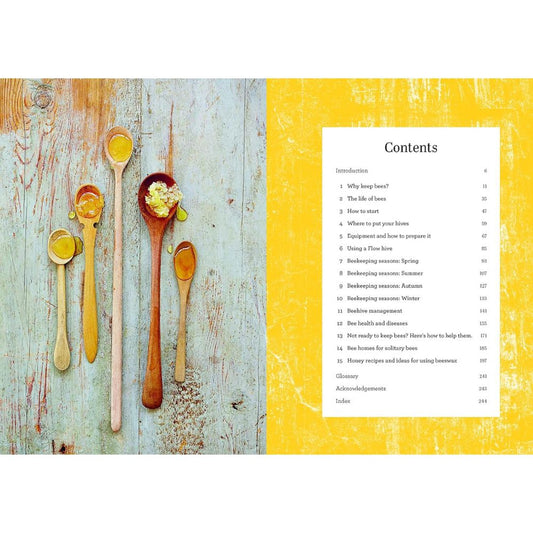
Jacqui and Trent are currently travelling around Australia in their 1987 Troopy. Follow their low waste living journey on the road in The Lost Troopy Series. Trent and I began our year by significantly downsizing. We switched from our rental in the inner city to a 1987 Toyota Landcruiser Troopy. The realisation that we will never be able to afford our own home without crippling debt, finding a work life balance coupled with a deep concern about our impact on this planet we decided to dedicate some time to housing research. A quest to collect and compare information on where and how we would like to live and what environmental impact that home will have. Oh and we get to explore Australia at the same time... a little bonus. After 4 months I can start to map out our impact living in our tiny home on wheels. The Troopy runs off Diesel (for now..) and we fill the tank about once a week. So how does our use of resources whilst in the Troopy compare to energy use back home? Taking into consideration power, water, waste management, food and consuming it turns out our impact is very small in comparison. Keeping in account that there are many different ways of camping we tend to be on the more simpler side so here is a breakdown:
1. Turn off the light! What light? That's the moon!
A great upside to life on the road or camping for longer periods of time is a significant reduction in electricity use. You don't need to power a house full of lights, run a hot water system or multiple appliances. We have a solar panel connected to a second battery that powers our fridge and devices and at nights we generally take our cues from the sun. When the sun goes down we start to wind our bodies down, eat early and then read (head torches are handy) before going to bed. This can be a great tool to use in the home also. Switching to low lighting or candles at night prepares the body for rest and reduces stimulation prior to sleep. Most of the time we are out of reception too so have breaks from using our devices.
2. Water. Precious, precious water.
I don't think I truly appreciated the preciousness of water until it was no longer readily available. We can carry up to 40L of water at any given time which really isn't much when you weigh up that the average person uses 15-25L (7-8L if you have a 3star rated shower head) per minute in the shower and a flush of the toilet uses 4L! When your basic resources are limited you become hyper aware of your usage. For me this is a major positive and the biggest lesson so far has been the power of rationing. We have found a significant reduction in our water consumption and our overall awareness of water waste has changed.
3. Eating with the seasons - rejoice in the abundance!
Eating seasonally, well! I think I can go out on a limb here and say most of us don't know what is in season most of the year. But if we follow the seasonal offerings we can save a tonne (literally) in food wastage, food miles, emissions, water, energy and time. Seasonal produce not only naturally contains what our body needs (think of all the vitamin c rich foods oranges, mandarins, pumpkin that we need as the seasons get cooler) but often will save you money. Seasonal produce, when bought at fruit shops, farmers markets, co ops and even big chain super markets are usually cheaper and available in abundance. Make sure you check the label to see where your food is travelling from and what the real cost of eating an avocado from Mexico is.
4. Waste: from produce to plastic and everything in between
The waste we create from our day to day lives is not a pretty thing..that's why we invented the wheelie bin, to hide it from our neighbours. Most households can fill an entire wheelie bin per week and a recycling per fortnight - which now seems crazy! Plastics seem less and less attractive when you have to carry them around with you until you can source a bin. We have heavily reduced our single use plastic items and make a conscious effort to buy in bulk. We stock up on pantry items at bulk foods stores with refillable bags and containers, make sure we buy enough produce so we aren't throwing and avoid foods that come in single use plastic.
5. 'Love people, use things ' - The Minimalists
Sometimes the bigger our homes, the more we want to fill them up with things. Don't get me wrong, I am no monk, but these days I tend to follow the "less is more" rule when it comes to 'things'. When your home becomes smaller an items primary use or function lies at the forefront of whether it will make the cut or not. Something that only had one function is pretty useless when space is important. So what have we learnt so far on this journey to finding out more about the true cost of living? Minimising and continually reducing our waste, conserving and appreciating our resources (food, water) and being conscious of how and what we spend our money on. Whatever home we decide to live in the future - be it made of straw, clay or timber I believe that even in this short time I have learnt invaluable information regarding our resources that I can't wait to build on. Until then the Troopy remains our humble home.
Follow Jacqui and Trent's journey on Instagram: @the_lost_troopy
Shop zero waste online at Biome >
One of the essentials on a trip like this is a good lighting setup. This might be a lantern with string lights, a headlight, or a collection of smaller lights. Check out our camping lights collection to have all your needs met.
Camping Blogs:
How to Start a Fire Without Matches or a Lighter
How to Reduce Your Waste While Camping






















